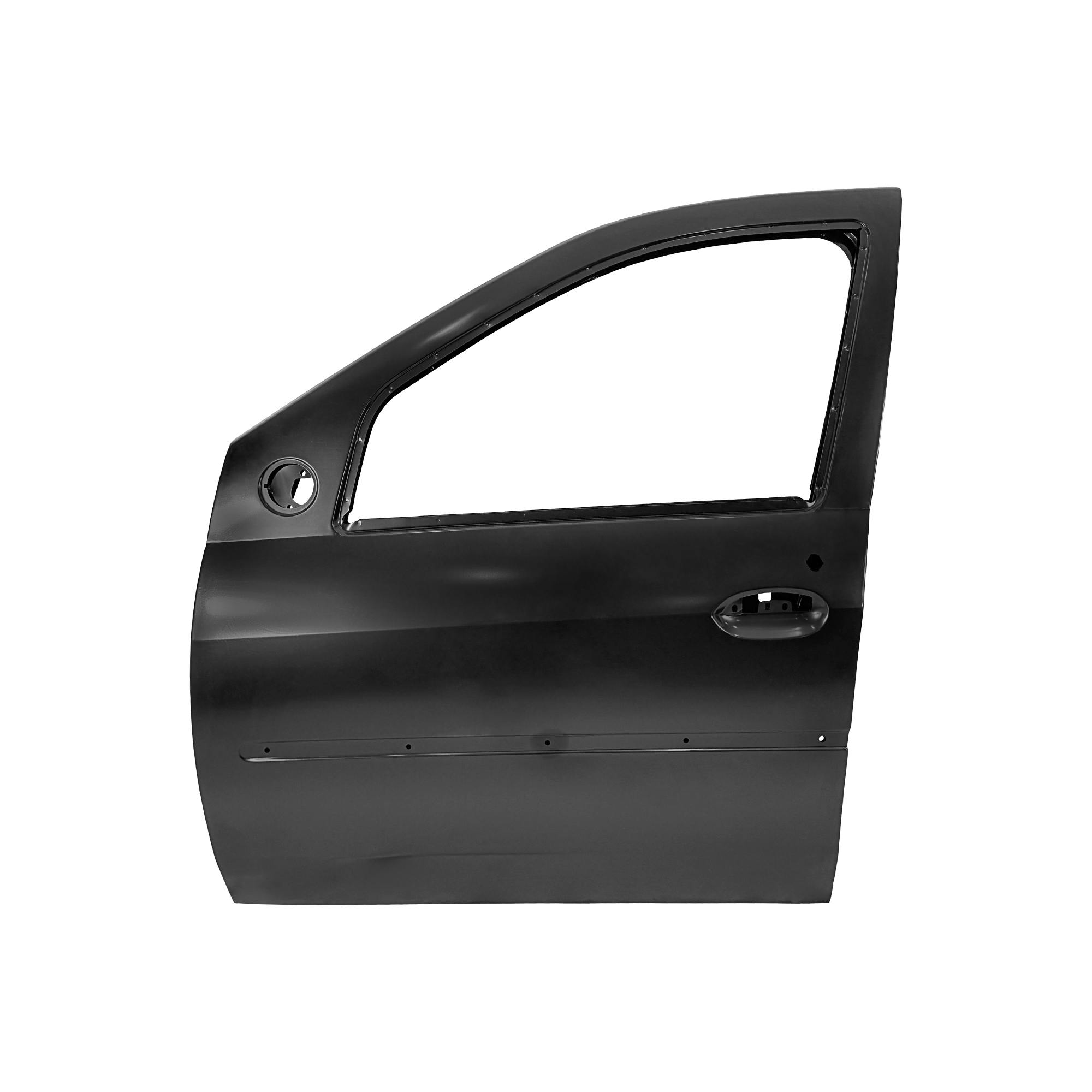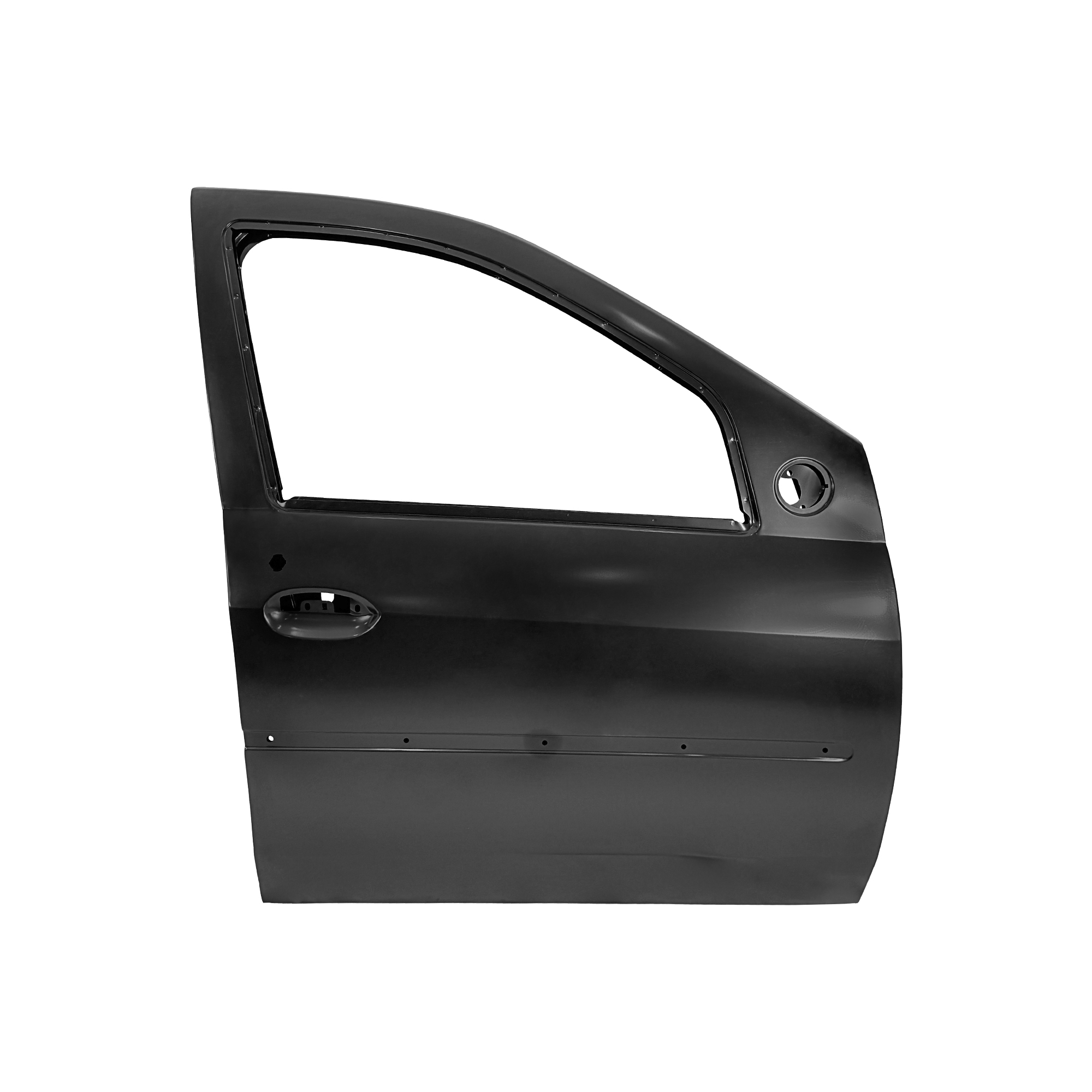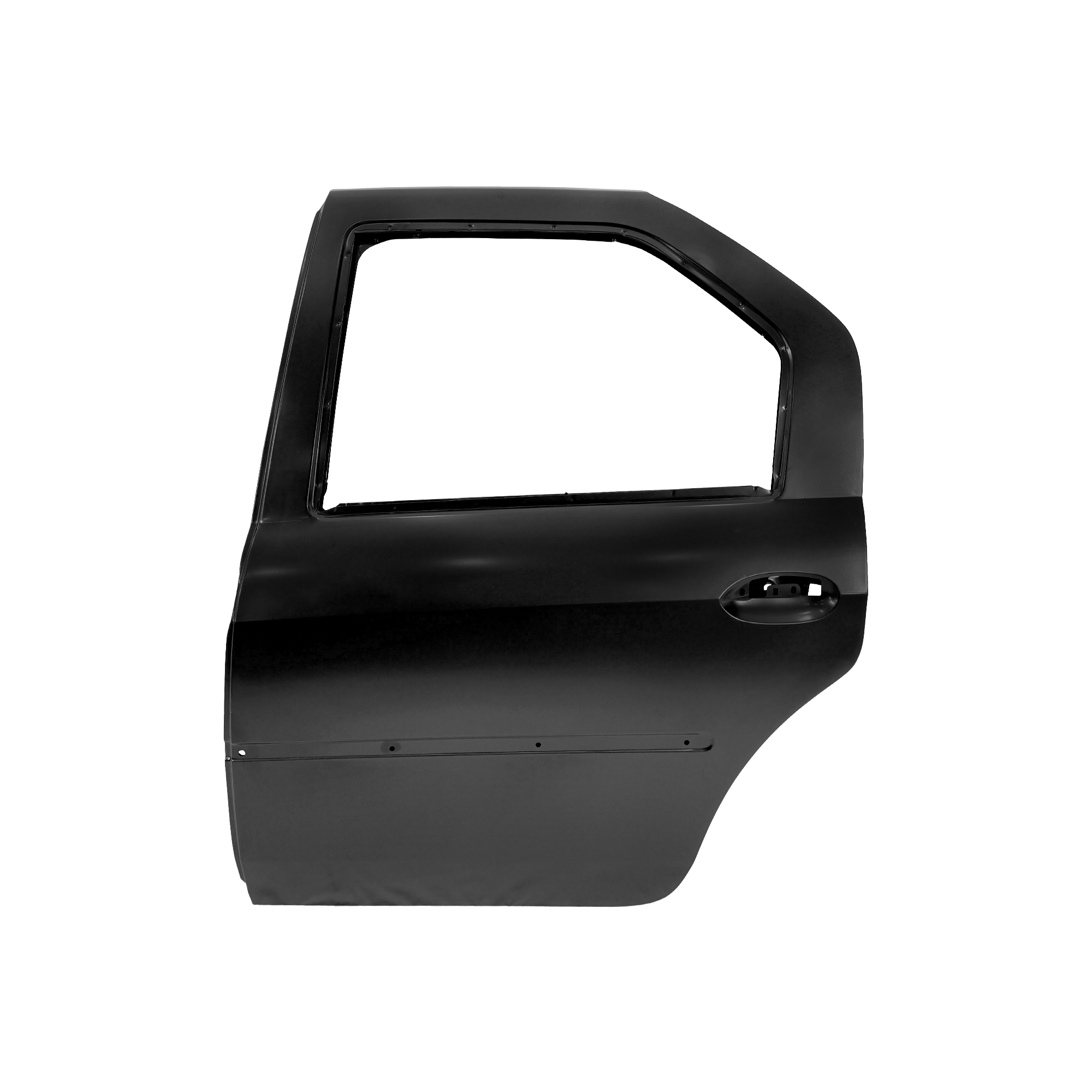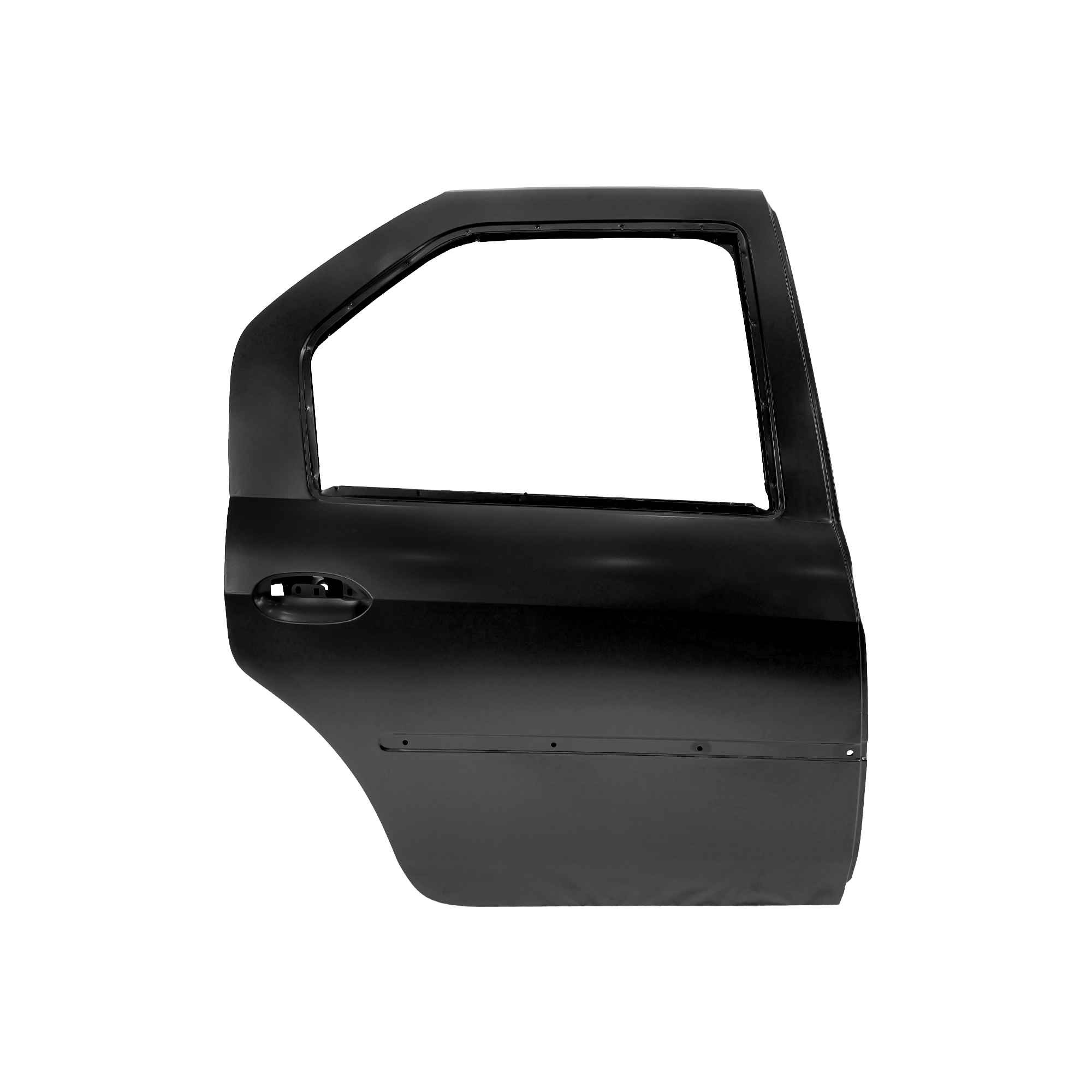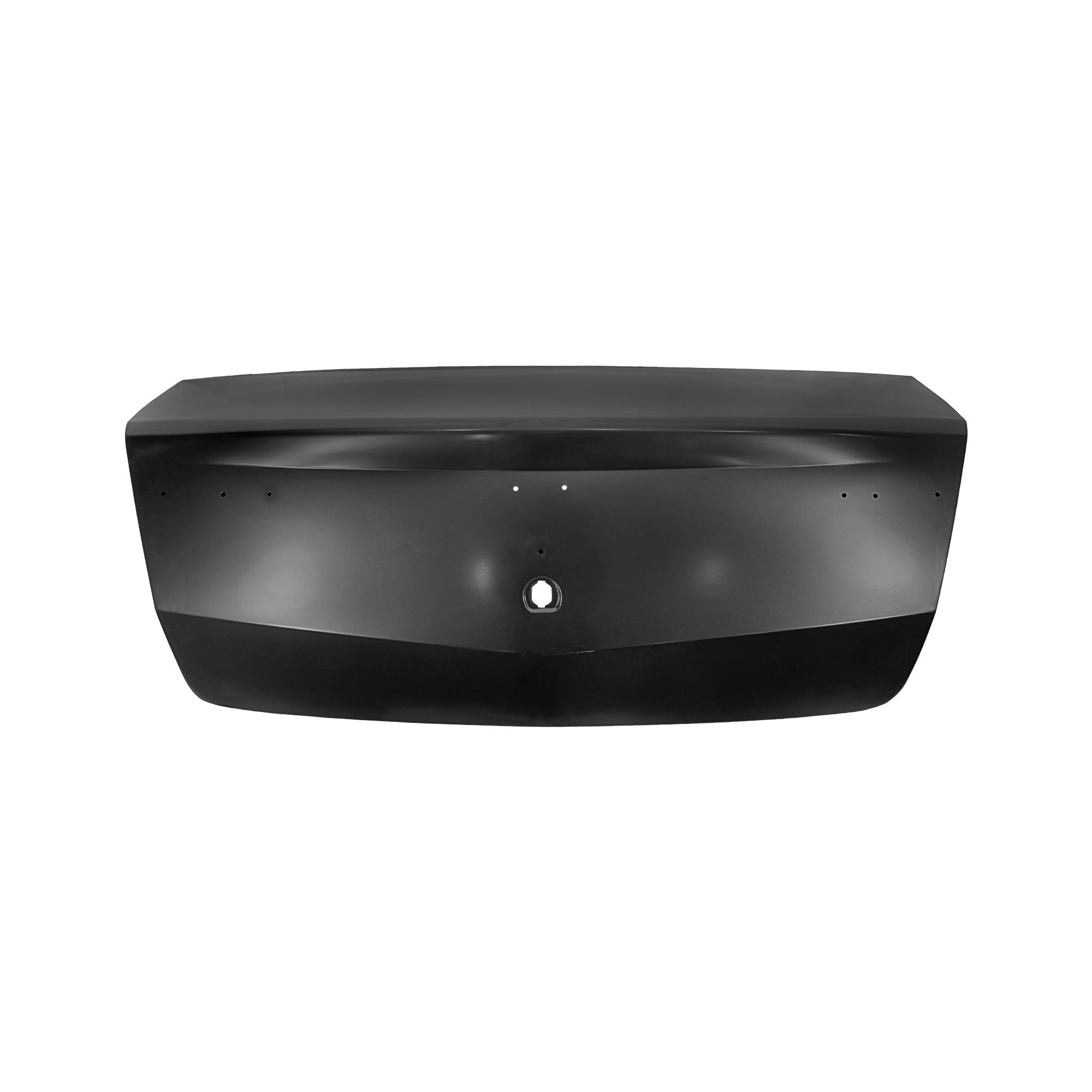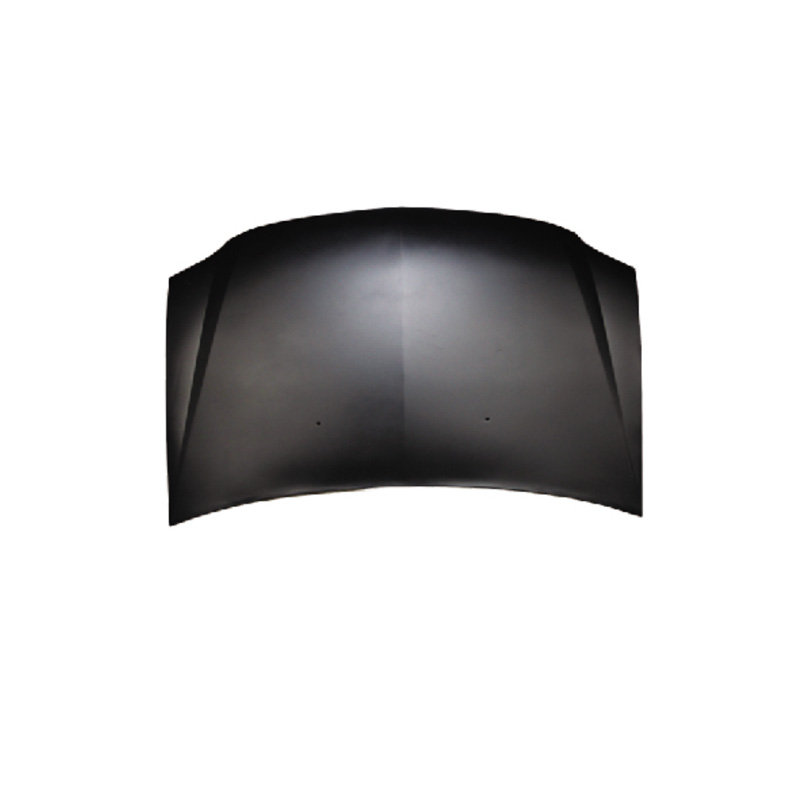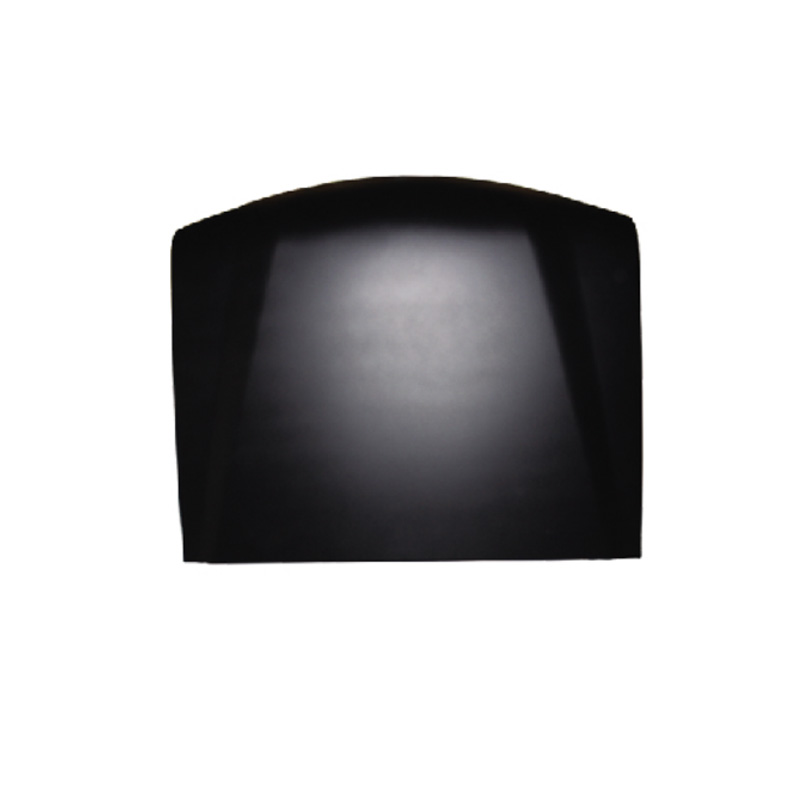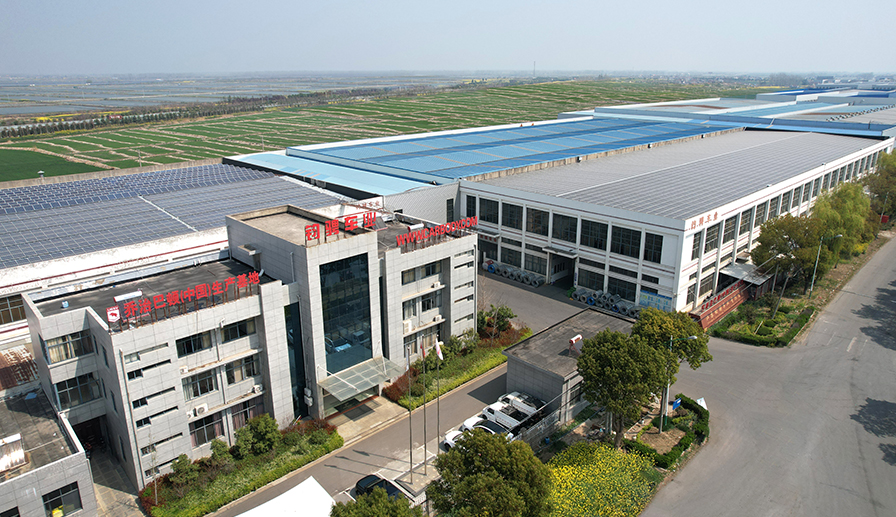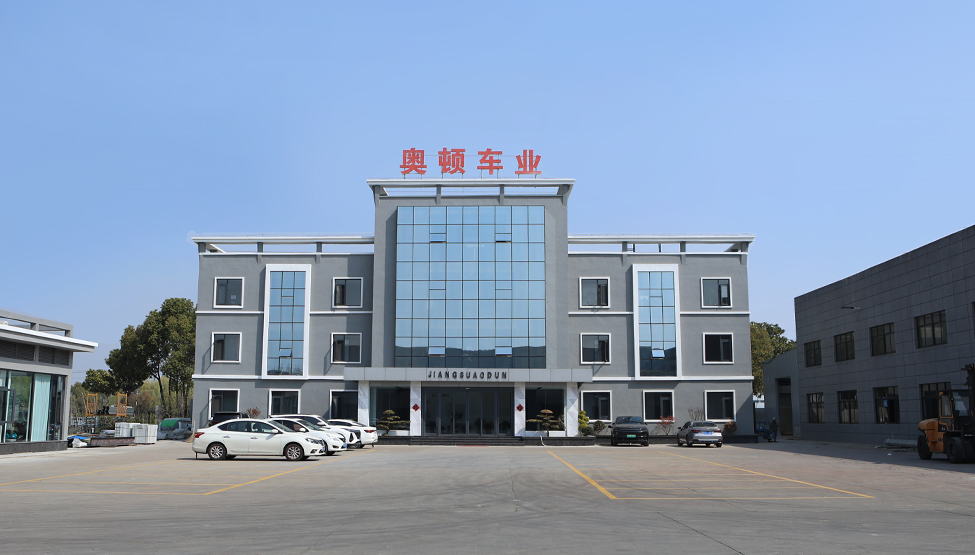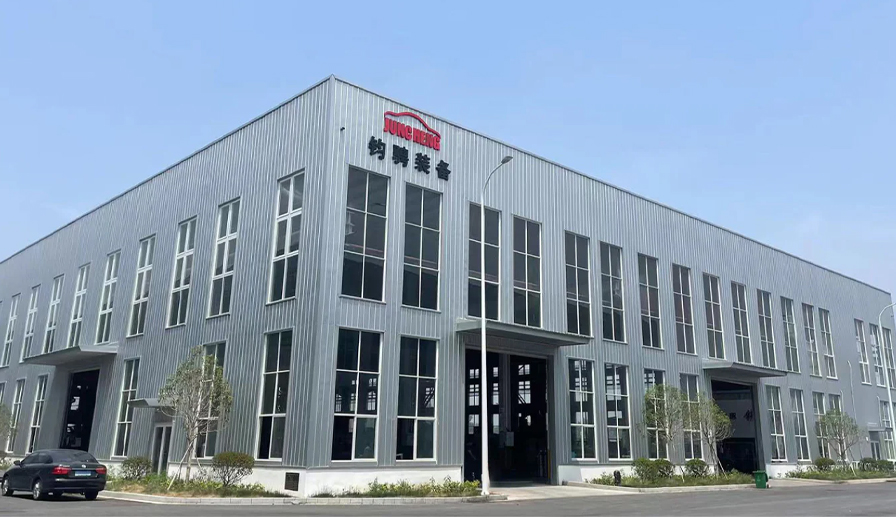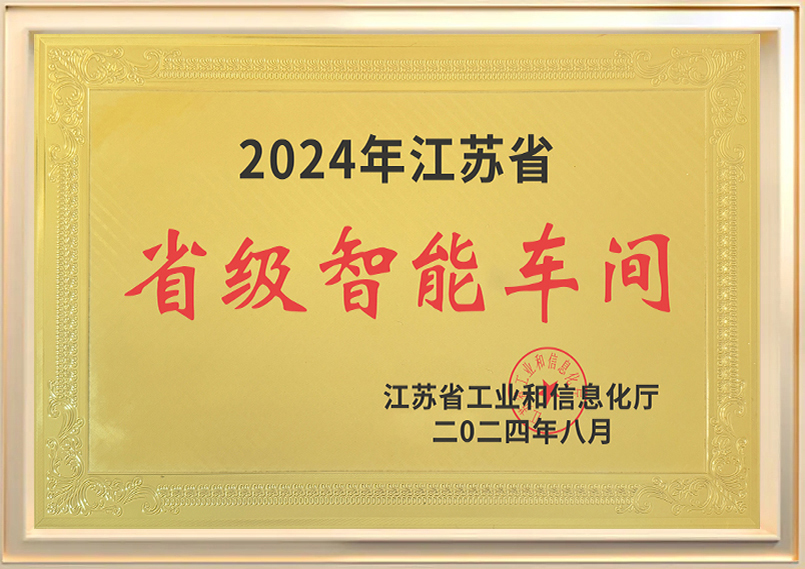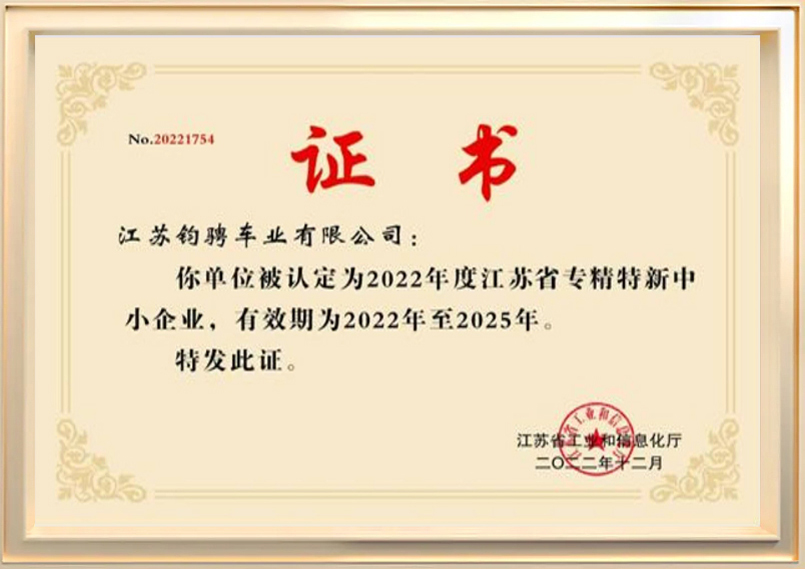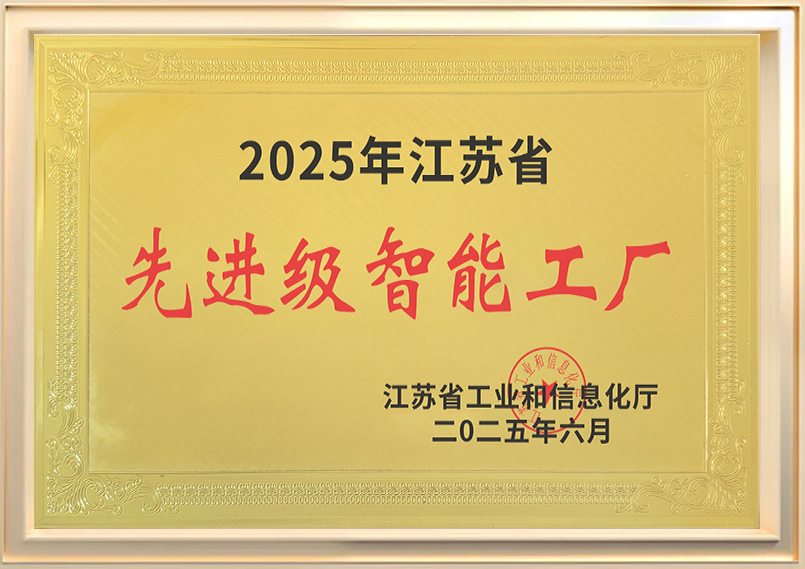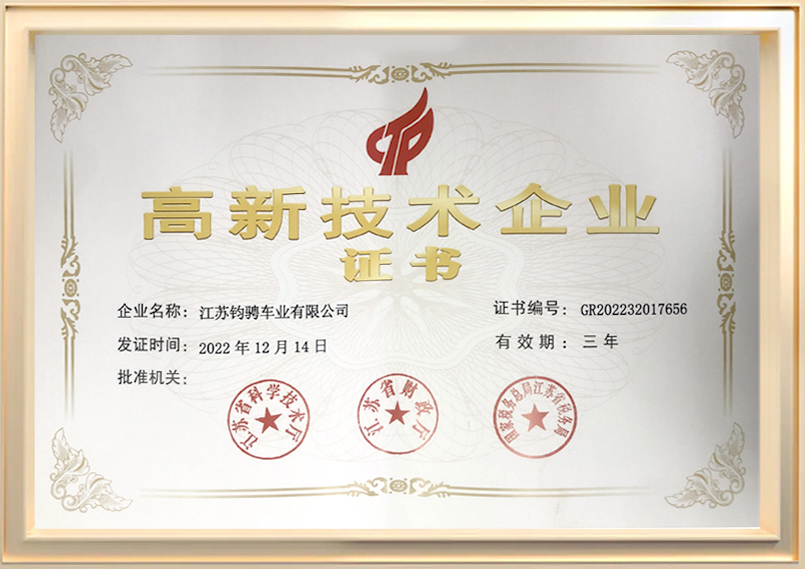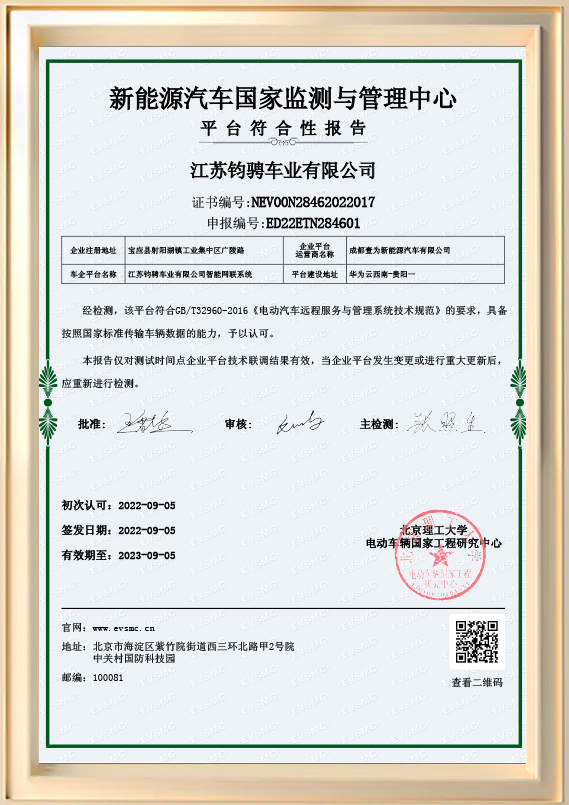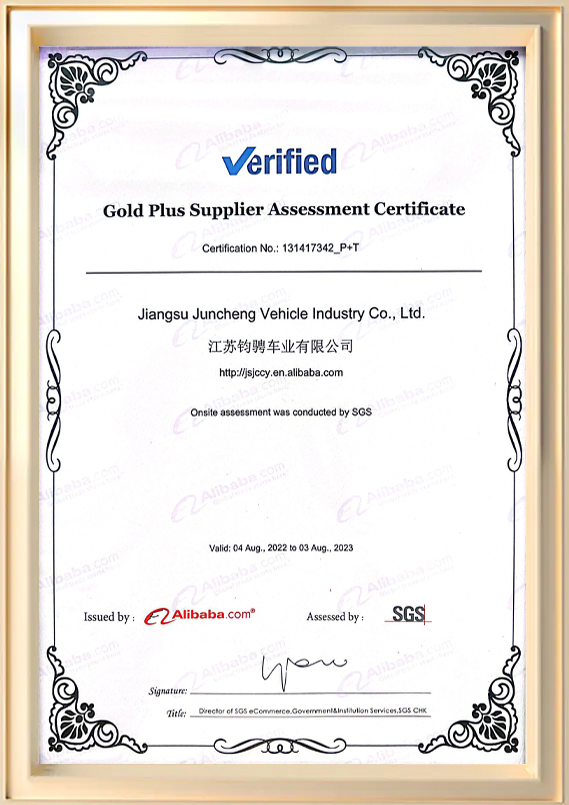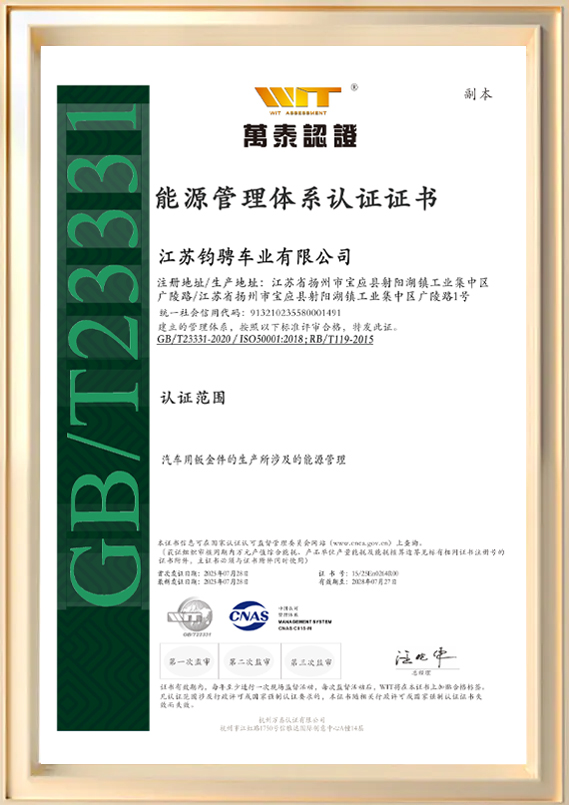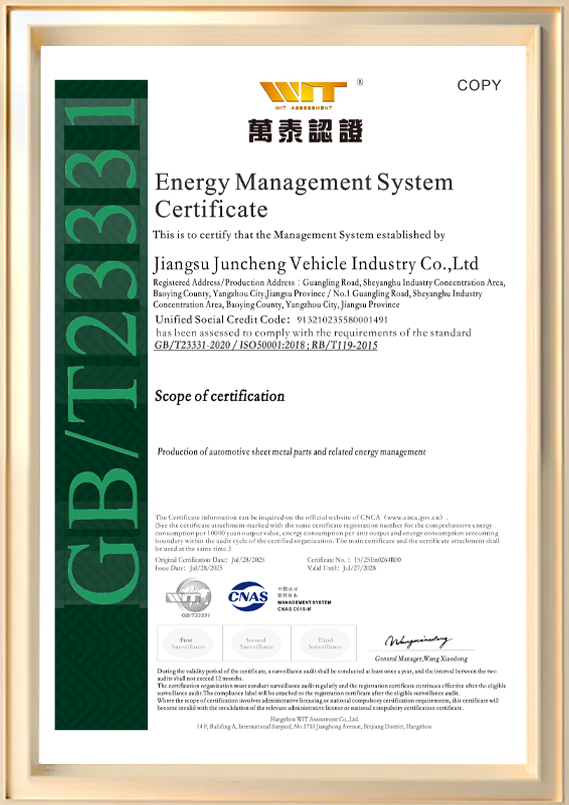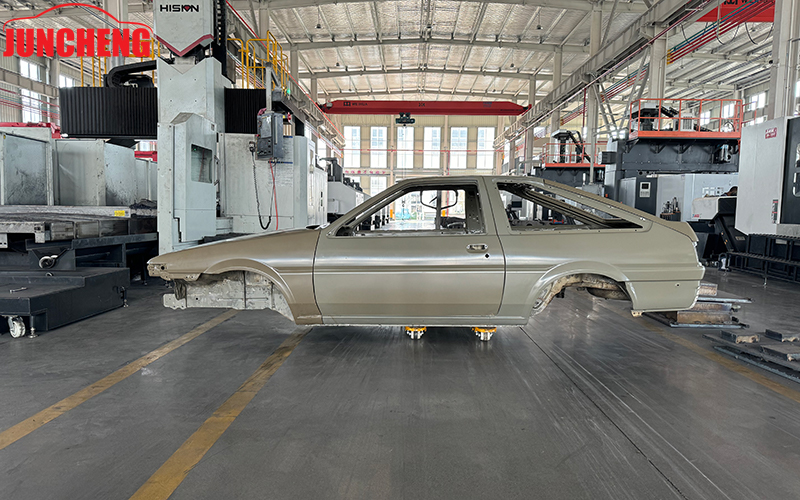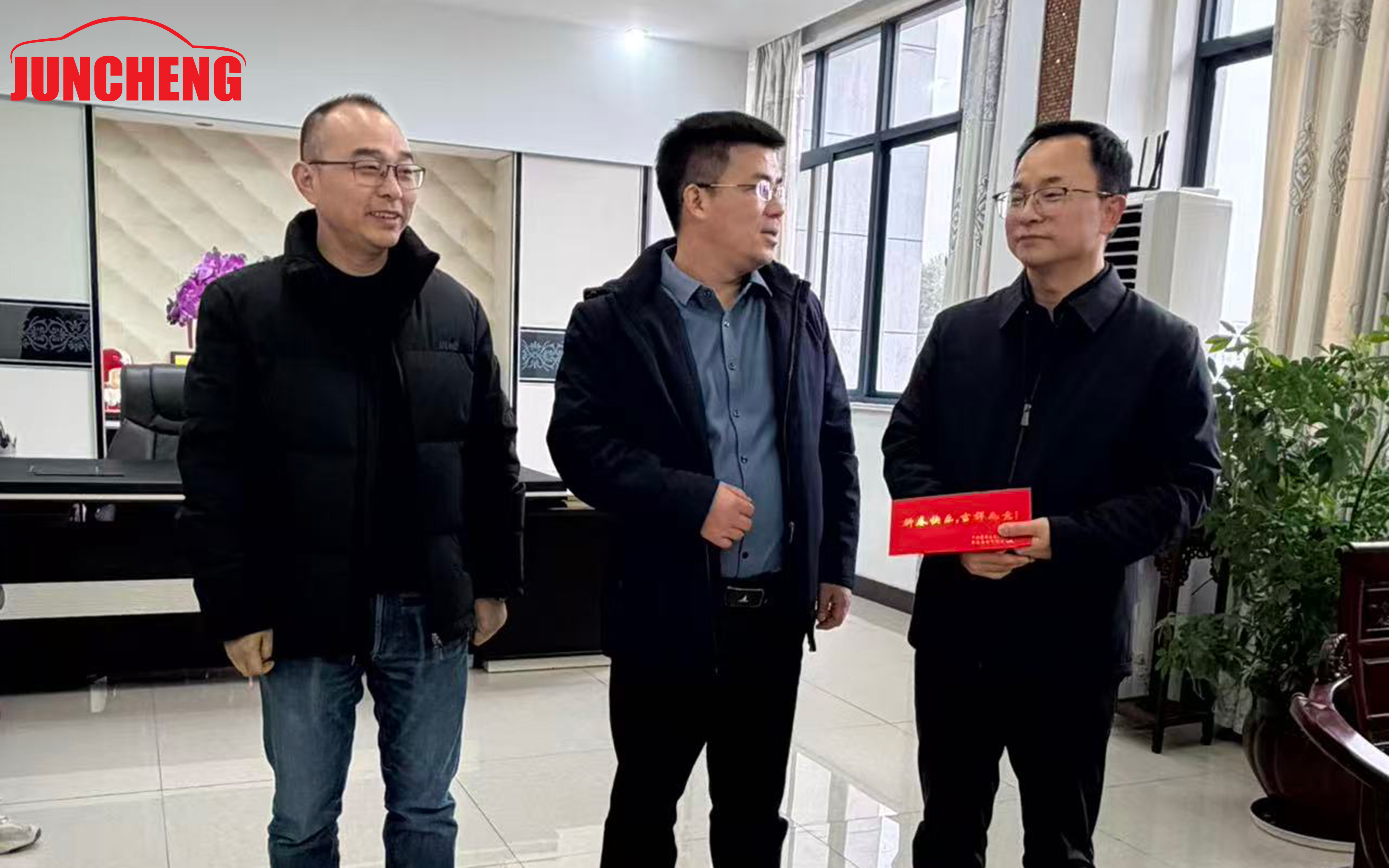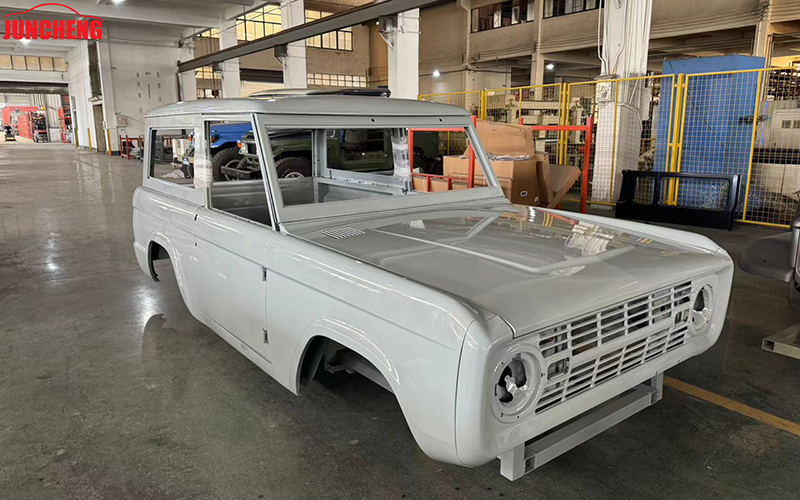How does Renault Parts balance strength and weight in its design process?
Balancing the strength and weight of sheet metal components is a key challenge in the design process of Renault Parts, especially in automotive manufacturing, where lightweighting not only improves fuel efficiency but also enhances driving performance. To minimize vehicle weight while ensuring safety, performance, and cost-effectiveness, Renault employs the following strategies:
Material Selection: Renault selects lightweight materials such as high-strength steel (HSS), aluminum alloys, and magnesium alloys, particularly in components like the body, roof, doors, and chassis. By using these materials, Renault ensures that weight reduction is achieved while maintaining the vehicle's structural strength and crash safety. For example, high-strength steel (HSS) maintains high tensile strength while having a lower density compared to conventional steel, effectively reducing vehicle weight.
Optimized Structural Design: During the design phase, Renault utilizes tools such as Computer-Aided Design (CAD) and Finite Element Analysis (FEA) to optimize the structure of sheet metal parts. Through these simulation technologies, Renault can optimize the shape and thickness of each component without compromising strength and safety, reducing the use of redundant material. Especially in areas with high vehicle safety requirements (such as the A-pillar, B-pillar, and door frames), designers rationally design the metal thickness and shape based on collision energy absorption and structural stress requirements.
Stamping and Hot Forming Technologies: To ensure the precision and strength of sheet metal parts, Renault employs hot forming and stamping technologies. Hot forming stretches steel sheets into the desired shape while heated, giving them higher tensile strength. This process allows Renault to produce lightweight yet high-strength body components, improving vehicle collision safety while reducing vehicle weight.
Integrated Design and Versatility: Renault also favors integrated design, combining multiple components into a single structure to reduce the overall number of parts and optimize weight. For example, integrating the body support frame with the crash beam increases strength while reducing the number and weight of components.
Through these design approaches, Renault Parts maximize weight reduction while ensuring strength and safety, thereby improving the vehicle's energy efficiency and performance.
What advanced manufacturing technologies are used in the production process of Renault Parts?
Renault Parts utilizes a variety of advanced manufacturing technologies to ensure high precision, high strength, and production efficiency in its sheet metal parts production. Here are some key technologies:
Laser Cutting Technology: Renault uses laser cutting technology in the sheet metal part cutting process, which is particularly suitable for parts requiring high-precision cutting. Laser cutting not only offers high accuracy but also reduces the heat-affected zone during cutting, avoiding material deformation and stress concentration, ensuring the dimensional accuracy and structural strength of the sheet metal parts. For complex-shaped body parts, laser cutting is a very effective technology.
Stamping Technology: Stamping is one of the core processes in sheet metal part manufacturing. Renault uses high-precision molds and CNC stamping equipment to ensure that the shape and dimensions of each sheet metal part meet design requirements. Through precise mold design and high-pressure stamping, Renault can produce sheet metal parts with extremely high strength and precision requirements. This is particularly beneficial in the production of body structural components and exterior trim parts, where stamping significantly improves production efficiency and quality.
Hot Stamping Technology: To enhance the mechanical properties of certain high-strength components, Renault employs hot stamping technology. By heating steel sheets to a high temperature and then stamping them, the steel achieves higher strength upon cooling. This technology is widely used in components requiring high impact resistance, such as vehicle safety frames and door frames, ensuring better passenger protection in a collision.
Robotic Welding: Renault's production lines incorporate robotic welding technology. This technology uses robots to precisely control the welding process, ensuring the strength, stability, and consistency of each weld point. In the welding of high-strength steel and aluminum alloy sheet metal parts, robotic welding precisely controls heat input, avoiding overheating that could degrade material properties and ensuring the quality of the weld joint.
Aluminum Alloy Sheet Metal Fabrication Technology: Renault uses aluminum alloys as the body material in the production of some high-end models and electric vehicles. Aluminum alloys are lightweight and have good corrosion resistance, but they are difficult to process. To ensure the high quality of aluminum alloy sheet metal parts, Renault employs specialized aluminum alloy sheet metal fabrication technologies, such as precision stamping and aluminum alloy-specific welding processes, to ensure the precision and strength of aluminum components.
3D Printing & Prototyping: To improve the efficiency and flexibility of product design, Renault also uses 3D printing technology to manufacture prototype sheet metal parts during the R&D phase. Through 3D printing, designers can test and optimize sheet metal designs in a short time without investing heavily in traditional mold making. This not only improves R&D efficiency but also accelerates the time to market for new models.
The application of these advanced technologies ensures that Renault Parts can achieve efficient, high-precision, and high-strength sheet metal part production during the manufacturing process, while also providing guarantees for improved vehicle safety, reduced costs, and improved quality.
What measures has Renault Parts taken regarding environmental protection and sustainable production?
Renault Parts' efforts in environmental protection and sustainable production include not only selecting environmentally friendly materials, optimizing production processes, and reducing energy consumption, but also leveraging the advanced technologies and production experience of its global supply chain partners to drive the green transformation of the automotive industry.
Jiangsu Juncheng Vehicle Industry Co., Ltd., as a company with advanced manufacturing capabilities, has a significant impact on Renault Parts' environmental measures through its technology and process optimization in sheet metal production. Especially in the customized production of Topnault Classic Auto Parts, Jiangsu Juncheng Vehicle Industry Co., Ltd.'s flexible production system helps achieve small-batch customization and efficient resource utilization. This not only meets the environmental and sustainability needs of the classic car restoration market but also indirectly promotes Renault's sustainable development goals in mass production.
Small-batch customization and resource conservation: In Topnault's custom sheet metal production, Jiangsu Juncheng Vehicle Industry Co., Ltd.'s small-batch custom stamping service for classic vehicles enables the precise manufacture of unique body parts according to customer needs, reducing resource waste during production. Compared to traditional mass production, small-batch customization reduces inventory backlog and overproduction, avoiding waste of raw materials and energy. This lean manufacturing approach has a positive impact on environmental protection.
Precision manufacturing reduces waste generation: Jiangsu Juncheng Vehicle Industry Co., Ltd.'s advanced stamping technology and mold design significantly improve material utilization during production. High-precision molds and stamping processes minimize waste and cutting losses. This precise production method not only ensures the dimensional and structural stability of each sheet metal part but also helps Renault Parts reduce resource waste and improve the environmental friendliness of production during mass production.
Environmentally Friendly Coating and Material Recycling: In its collaboration with Jiangsu Juncheng Vehicle Industry Co., Ltd., Renault reduces the emission of harmful chemicals by improving the surface treatment process for sheet metal parts and using water-based coatings and low-volatile solvents. Simultaneously, through a waste recycling system, metal scrap generated during production is recycled and reprocessed, effectively utilizing recycled materials and reducing environmental pollution. Through these measures, Renault Parts' production process becomes more environmentally friendly.
High-Efficiency Production Equipment: Jiangsu Juncheng Vehicle Industry Co., Ltd. utilizes modern CNC stamping and laser cutting equipment. These efficient production tools not only improve production efficiency but also reduce material waste during production. Through high-precision stamping and cutting, Jiangsu Juncheng Vehicle Industry Co., Ltd. ensures high quality for every component while maximizing material utilization and reducing waste during production.
Prioritization of Environmentally Friendly Materials: In the production of classic car restorations and custom sheet metal parts, Jiangsu Juncheng Vehicle Industry Co., Ltd. and Topnault are committed to using recyclable and environmentally friendly materials. For classic car parts requiring long-term use, the materials used typically possess excellent corrosion resistance and durability, which not only extends the lifespan of the automotive parts but also reduces material consumption during the restoration process. Renault Parts has also adopted this experience in using environmentally friendly materials, incorporating more recyclable materials into its mass-produced sheet metal parts to further promote green manufacturing.
Green Production Certification and Standards: In terms of environmental management, Jiangsu Juncheng Vehicle Industry Co., Ltd. consistently adheres to the ISO 14001 environmental management system standard, ensuring that production activities meet stringent environmental requirements. In its sheet metal production services, all environmental measures and quality controls comply with international standards, and these high environmental standards are also adopted by Renault's factories worldwide. Through these initiatives, Renault Parts achieves its goals of resource conservation, energy efficiency, and environmental friendliness in its production processes.

 English
English Español
Español عربى
عربى русский
русский 中文简体
中文简体
